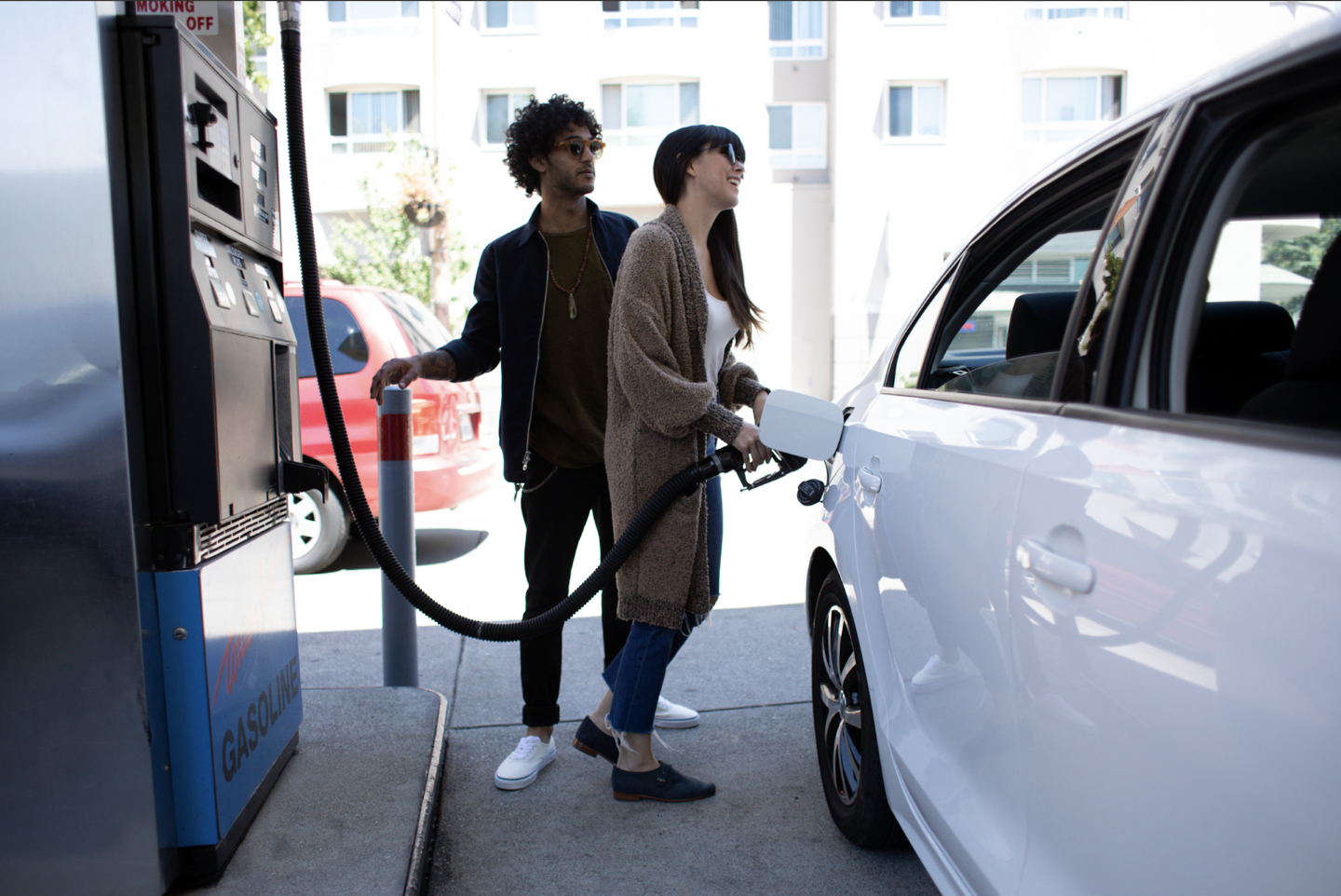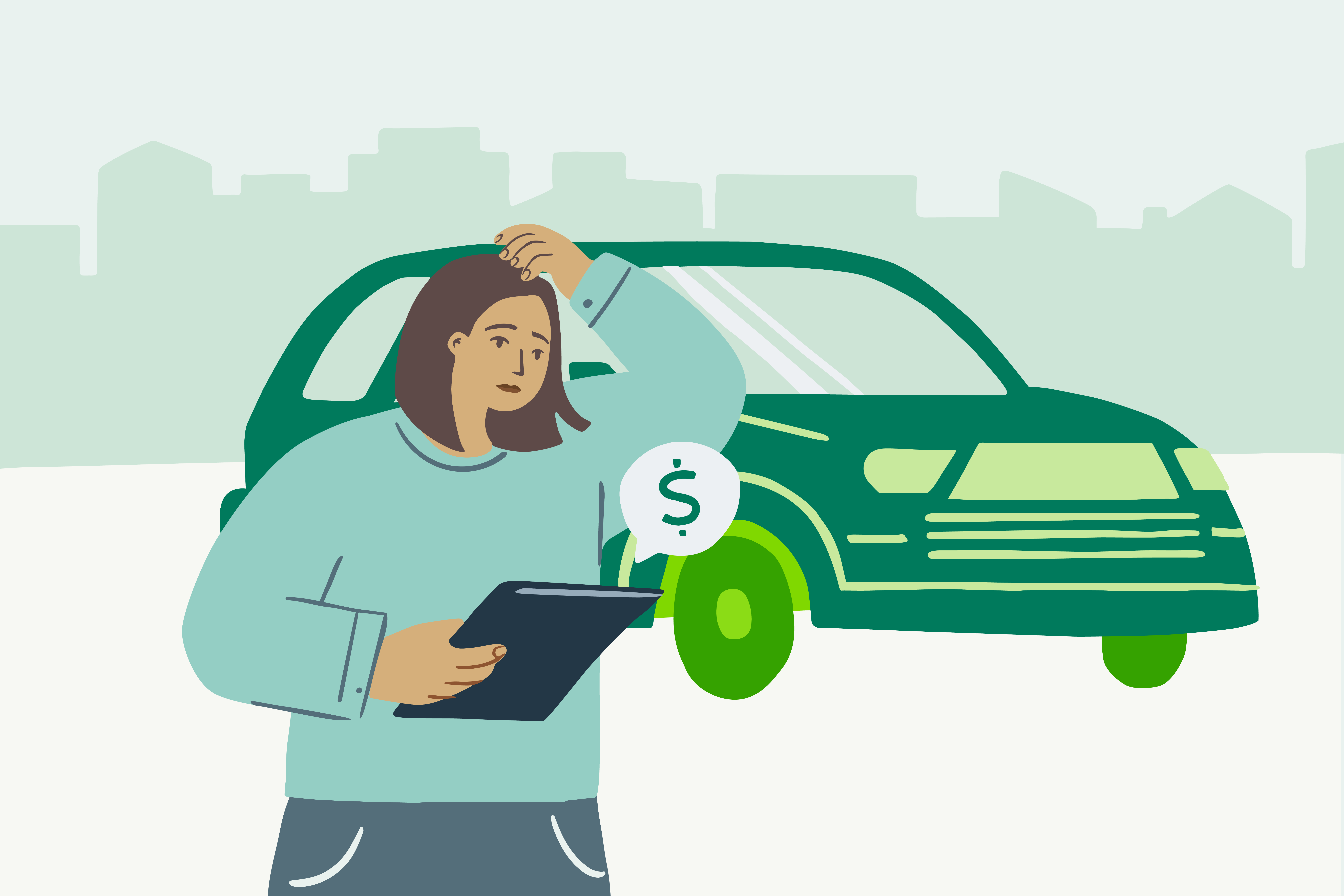Can I get car insurance on a car that’s not in my name?
February 12, 2024
Our team at HiRoad likes to take the complicated things of the world, like insurance, and help make them easier to understand from a consumer point of view. Whether you’re learning about deductibles for the first time or are an Arizona resident looking to understand glass coverage—we’re here to break it down.
Another topic that tends to come up for insurance customers is whether or not you can get car insurance on a car that isn’t in your name. We won't leave you waiting, the answer is: In most cases, you can't purchase car insurance on another person's car unless you have an insurable interest.
The next and possibly more important question is: what does that even mean?
Let's define insurable interest and dive deeper into insurance on a car that’s not yours and address who should and shouldn’t be on your policy. Ready?
Insurable interest meaning
Insurable interest can feel like a complex crossword puzzle answer but it’s relatively straightforward. Insurable interest is when you have a financial stake in a vehicle and would experience a direct loss if anything happened to it.
Insurable interest is usually verified by having a vehicle in your name—like a car title. But there can be instances where you have an insurable interest in a vehicle that's not yours and need a policy to cover it.
Can you insure a car that is not in your name?
Yes and no. We don't do it at HiRoad because our coverage model states that you need to be a registered owner of any vehicle you're getting coverage for. But if you look into other insurance companies, and depending on your state, you might find a scenario where you're able to insure a car that isn't yours.
In some states, your insurance policy needs to match the name on the vehicle title and registration. The insurance companies within those states wouldn't write an insurance policy for someone who is driving the vehicle but isn’t on the title and registration.
On the flip side, some states may not require the name on the policy and who owns the vehicle to match. An insurance company in those states might allow someone driving (but doesn’t own) the vehicle to have a policy in their name
but would require the registered owner to be listed either as a co-owner of the policy or as an additional insured. Confusing? Here’s a couple of examples:If you and your teen buy a vehicle together, the policy may be written in the name of your teenager with you listed as either the co-owner of the vehicle or as an additional insured on the policy. Writing the policy this way reflects your insurable interest in the vehicle.
If you helped a relative purchase a vehicle and are the co-owner of that vehicle the policy may be written in the name of the relative, with you listed on the policy as a co-owner or an additional insured. Alternatively, if that relative is part of your household you could list the vehicle on your policy and list the relative as a co-owner or driver of the vehicle.
Importantly, insurance companies may handle these situations on a case-by-case basis. To find out how to handle your circumstance, it’ll be best to ask your local insurance about it.
The best of both worlds: insurance and listed drivers
It’s time for the nitty gritty—listed drivers.
To list or not to list, that is the question. Knowing who to list on your car insurance policy is something we thought we ought to share because having an undisclosed driver in the event of an accident or claim can lead to some pretty heavy consequences.
A listed driver is someone in the household who does not necessarily have an insurable interest in the vehicle (ownership) but is operating the vehicle regularly (a licensed teen or caregiver for example). If there is someone in your household who is driving the vehicle, they must be listed on the insurance policy as a driver, but would not be listed as an owner or as an additional insured.
Today, many insurance companies will ask that all household members who are of driving age be listed on the policy. Which is why looking at your policy from time to time can be a great way to refresh any drivers that need to be added or removed from your policy.
You’ve got an insurable interest in your car. And here at HiRoad, we have an insurer interest—in you. At HiRoad, we want you to feel less confused and more confident about your policy and the good moments on the road. If you’re ready to learn more about the insurance world or
start a quote, let’s get good going.The information in this article was obtained from various sources not associated with HiRoad®. While we believe it to be reliable and accurate, we do not warrant the accuracy or reliability of the information. HiRoad is not responsible for, and does not endorse or approve, either implicitly or explicitly, the content of any third party sites that might be hyperlinked from this page. The information is not intended to replace manuals, instructions or information provided by a manufacturer or the advice of a qualified professional, or to affect coverage under any applicable insurance policy. These suggestions are not a complete list of every loss control measure. HiRoad makes no guarantees of results from use of this information.
Stay on the path
Get HiRoad in your inbox
Share your email to get the latest about our community of mindful drivers.



